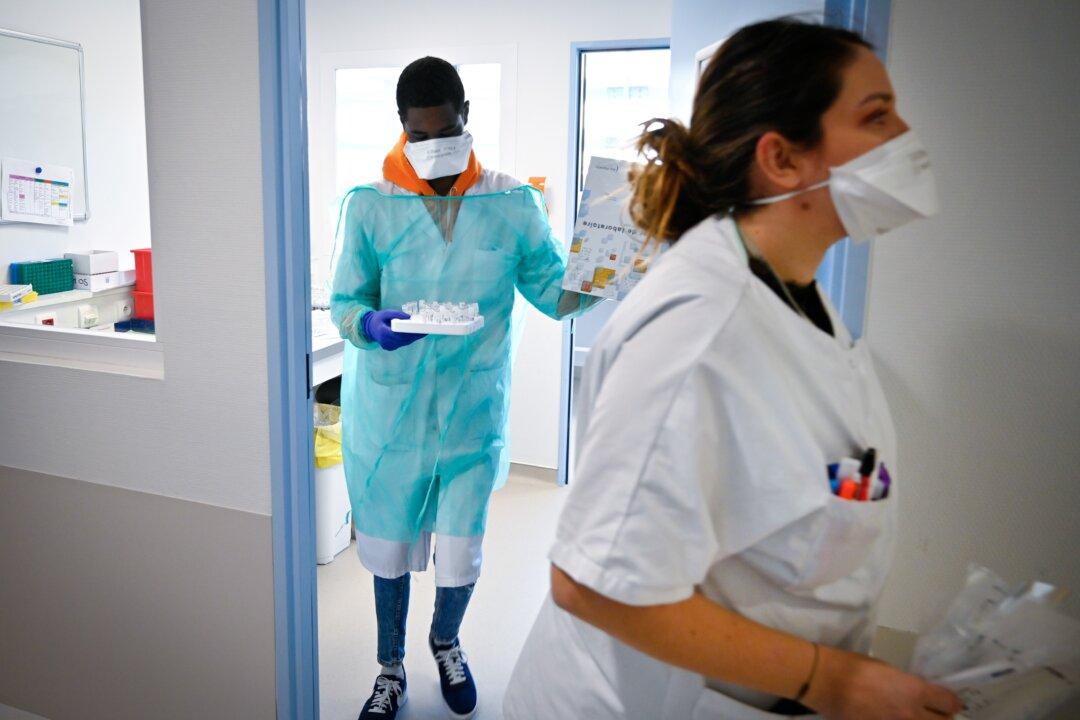A National Institute of Allergy and Infectious Diseases official said the agency will further evaluate a controversial Boston University-commissioned preprint study that developed a COVID-19 hybrid that killed “80 percent” of lab mice, saying the team involved didn’t clear the work with the federal agency.
Speaking to STAT News, Emily Erbelding, the head of NIAID’s division of microbiology and infectious diseases, suggested that Boston University (BU) researchers didn’t properly disclose what their study would entail and didn’t say they would carry out that specific work. The grant proposal, Erbelding stated, also didn’t make it clear that scientists would possibly be enhancing a COVID-19 strain in reports that were handed to NIAID, the agency headed by Dr. Anthony Fauci.





